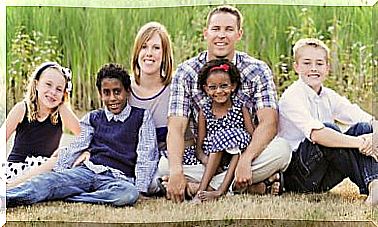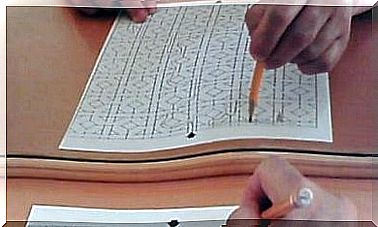Why Do Children Ask So Many Questions?

Parents are often surprised that children ask so many questions. Normally from the age of 3, children begin to ask all kinds of questions.
Many of them sometimes even surprise us with their complexity. Sometimes we do not know how to respond or if we are responding to children in the appropriate way. It can also happen that children really want us to establish communication with them or get our attention when we are busy.
Sometimes it is exhausting for parents to answer so many questions in a row. But we must be patient with children as they just want to learn. We are their references and they trust us to solve their questions.
Sometimes the questions are endless and of different types and complexity. Questions like why: it snows, the sun warms us, we have two arms and a nose, birds fly or why they have to go to school or the doctor can be common questions.
Most refer to issues that affect them in their daily life such as atmospheric phenomena or the reason why they have to do their duties or obligations. But they can also be questions about inexplicable or very complex phenomena.
The window of the world
At three or four years old, children begin to ask everything that occurs to them about their surroundings. Suddenly the child is curious about issues that he has never cared about before. Children feel that a window is opened to the world and they feel the need to ask what they do not understand.
The first thing we have to know is what the children want to find out with these questions. Many times they do not want us to give them great explanations but a simple and clear answer.
Also sometimes they just want us to pay attention to them. They ask even when they know the answer. That is why we always have to answer them and establish communication with them. They also usually do it when they see that we are very busy or when we do not pay attention to them. In that case we can tell them that what they are asking us is very important and that we need to think about the answer for a while.
Let’s not forget that the only thing children have is curiosity. They want to know how everything works and where things come from. That is why we have to help them and support their desire to learn every day.
We must never try to get angry with the child because he asks us. Children may feel teased and hold back their questions. If we are busy, it is best to tell them that we have to think about their question to answer them.
Simple answers to questions
It is best to offer your child simple answers. Try not to go into too much detail or complicated answers. If we do, we will not only confuse them, but we can get into a question loop. In addition, we must adapt our response to the child’s simple language and age.
It is not the same to answer a question from a three-year-old to a six-year-old. Until the age of six, children do not need deep answers. Before that age it is difficult for them to understand what we want to explain to them, if we do not give them simple answers. But from the age of six, children can understand more concepts and reflect on what we are answering to them.
Help children to reflect
As children grow we have to accustom them to reflect as well as ask. They not only have to ask questions whenever they want, but also try to get them to find the answer themselves.
One idea is to help them reflect by asking new questions as if they agree or if it is okay with them. Children have to discover that they themselves may be able to find answers. Also that each person can have different opinions even if they are not the same as ours.
It is good that they know that there are questions that do not have conclusive answers and to which each one can give their opinion. We can bring our point of view to them and let them develop autonomous thinking. Children can develop their own ideas and even discuss their opinions with us. Your relationship will always be strengthened if you are able to exchange opinions on different topics as a family.









